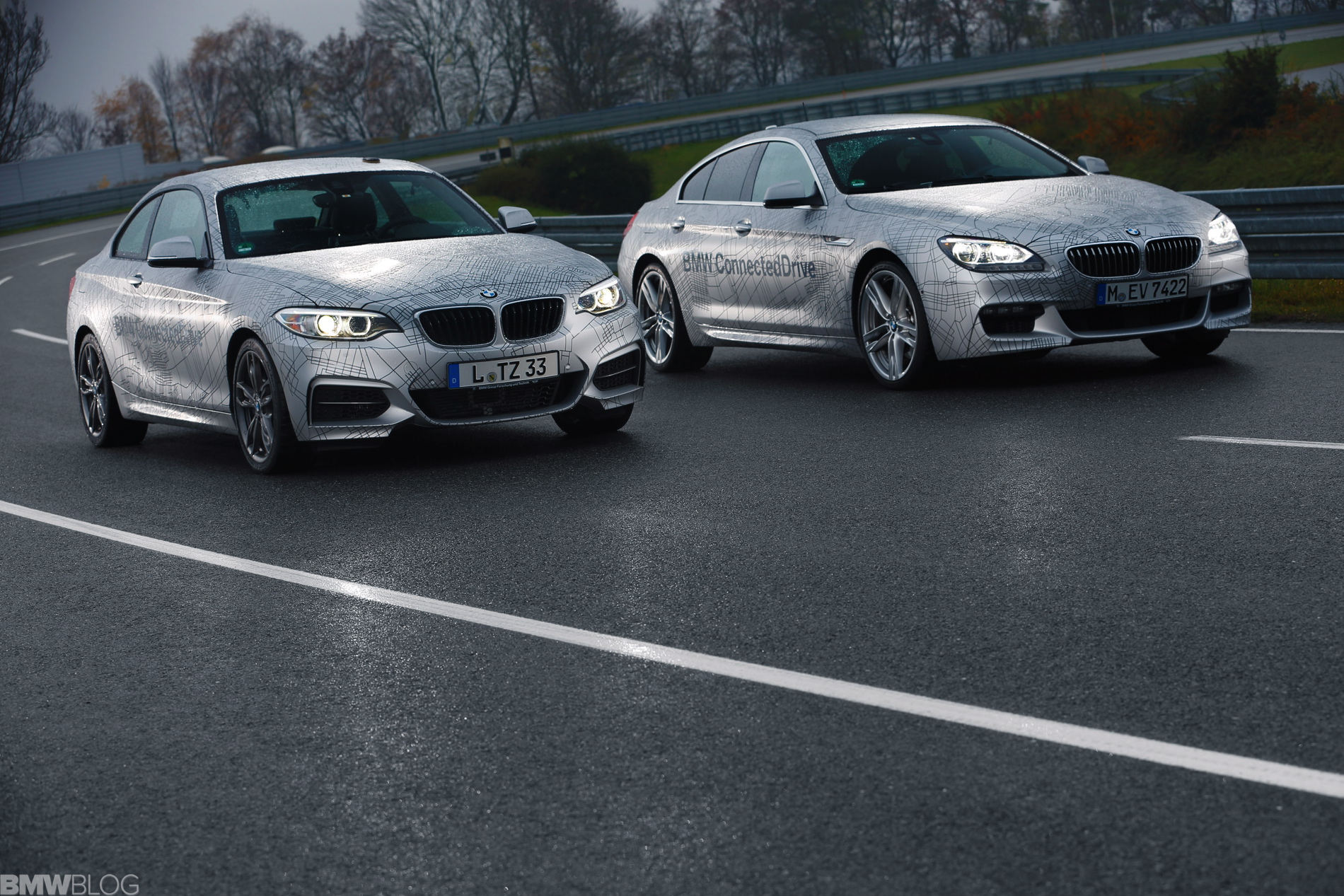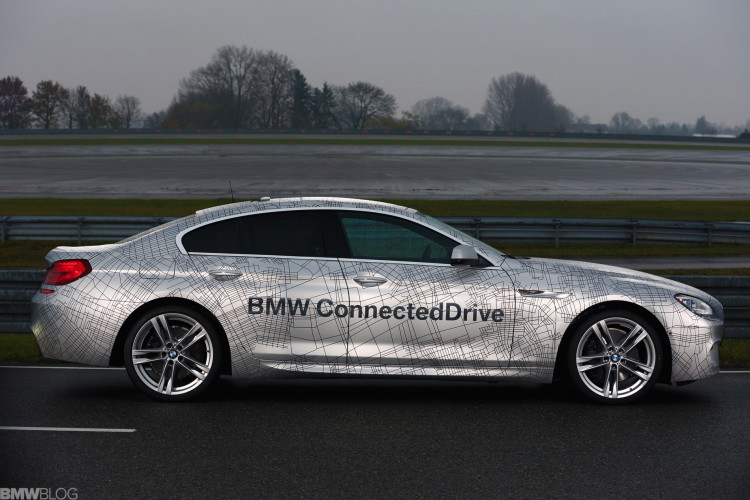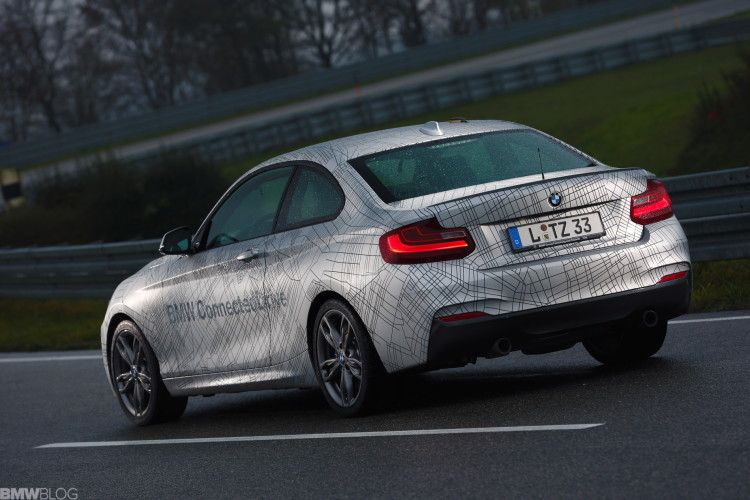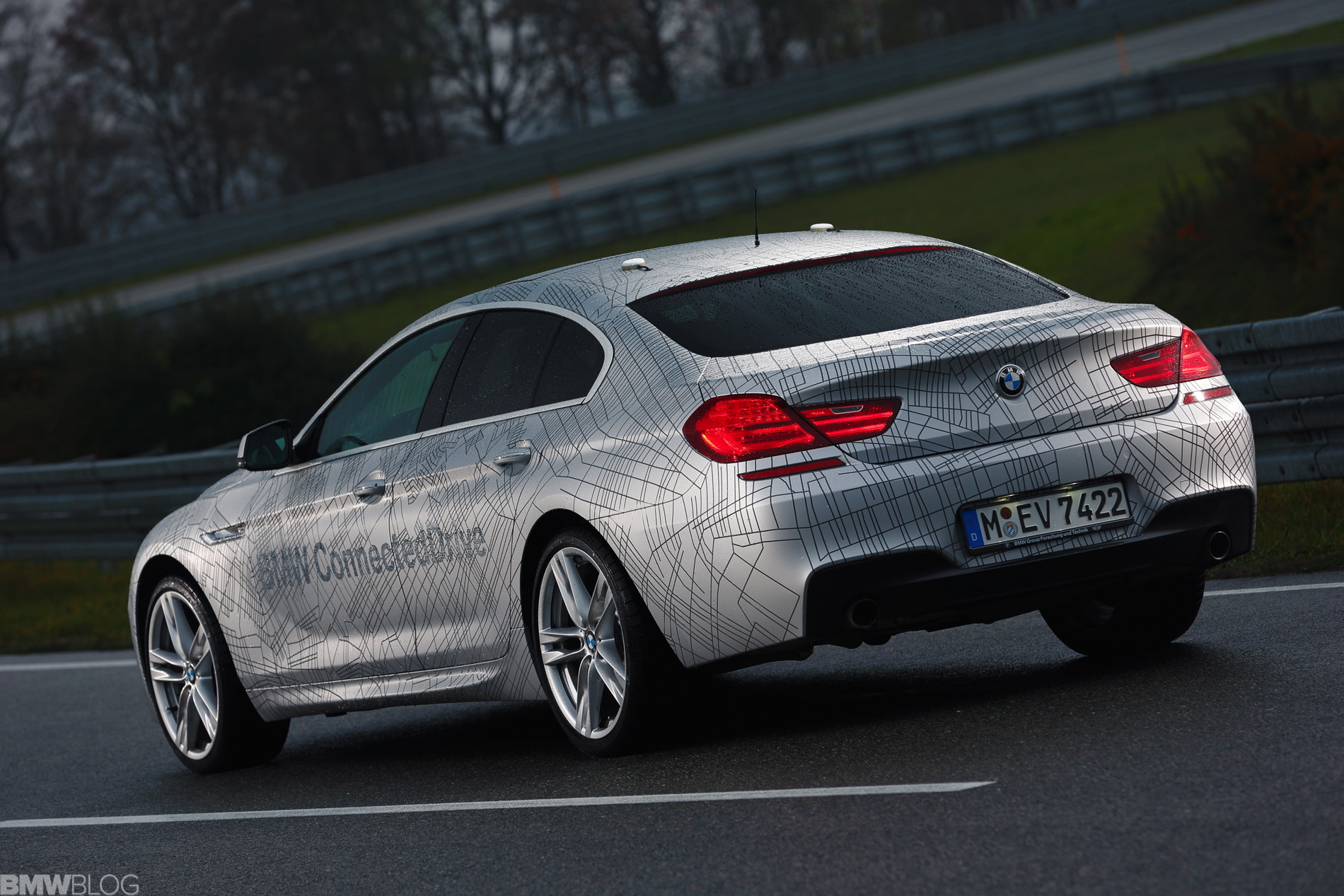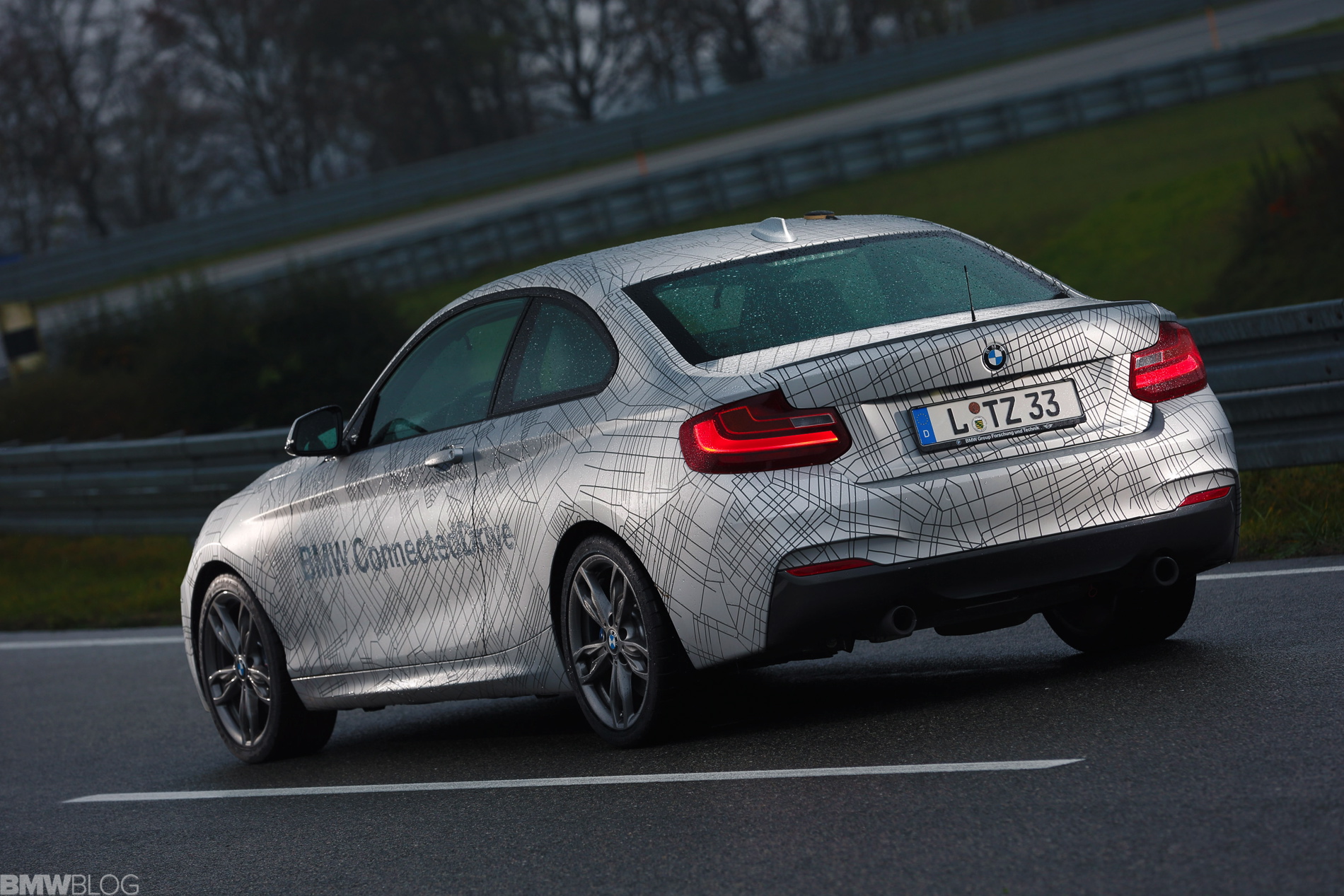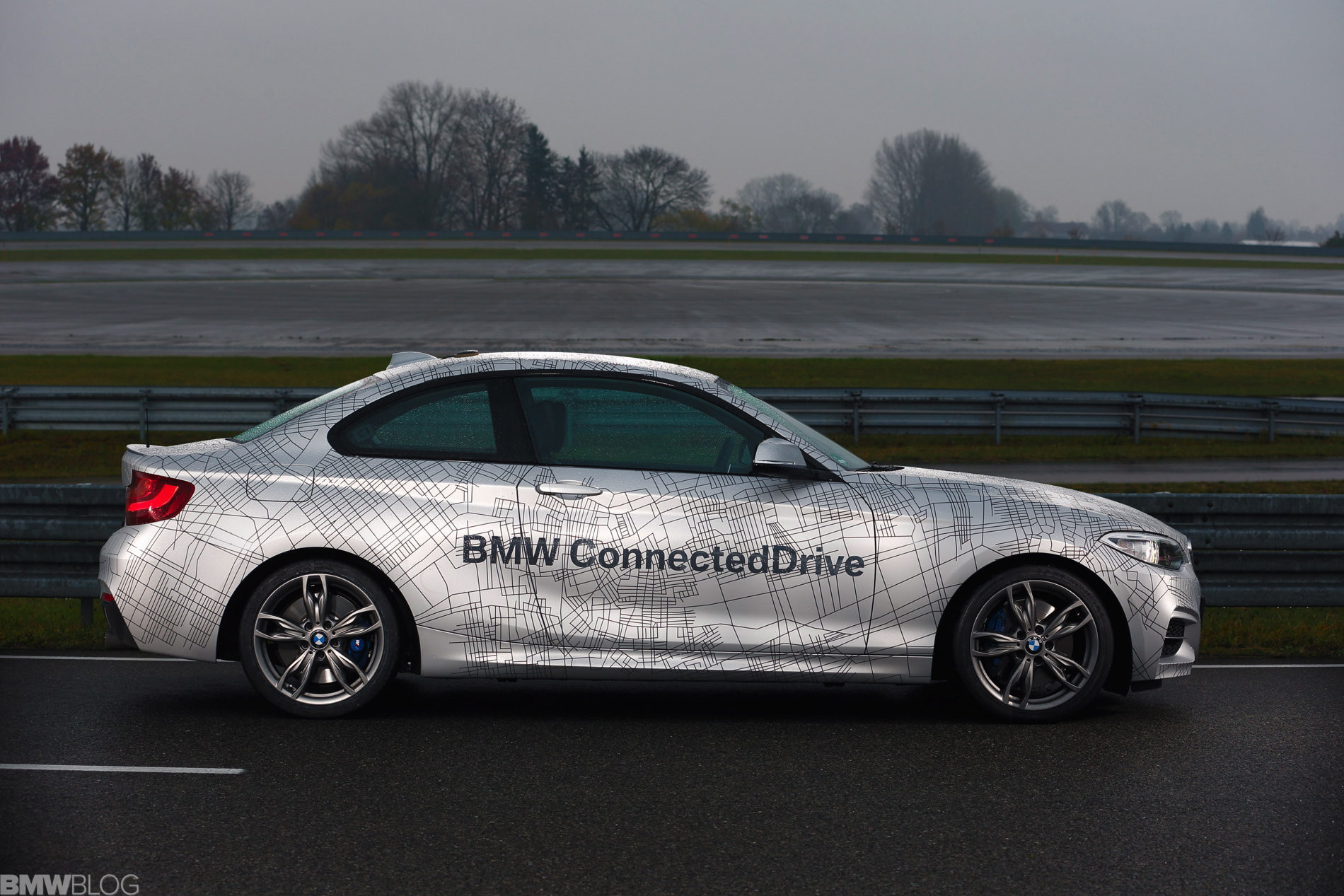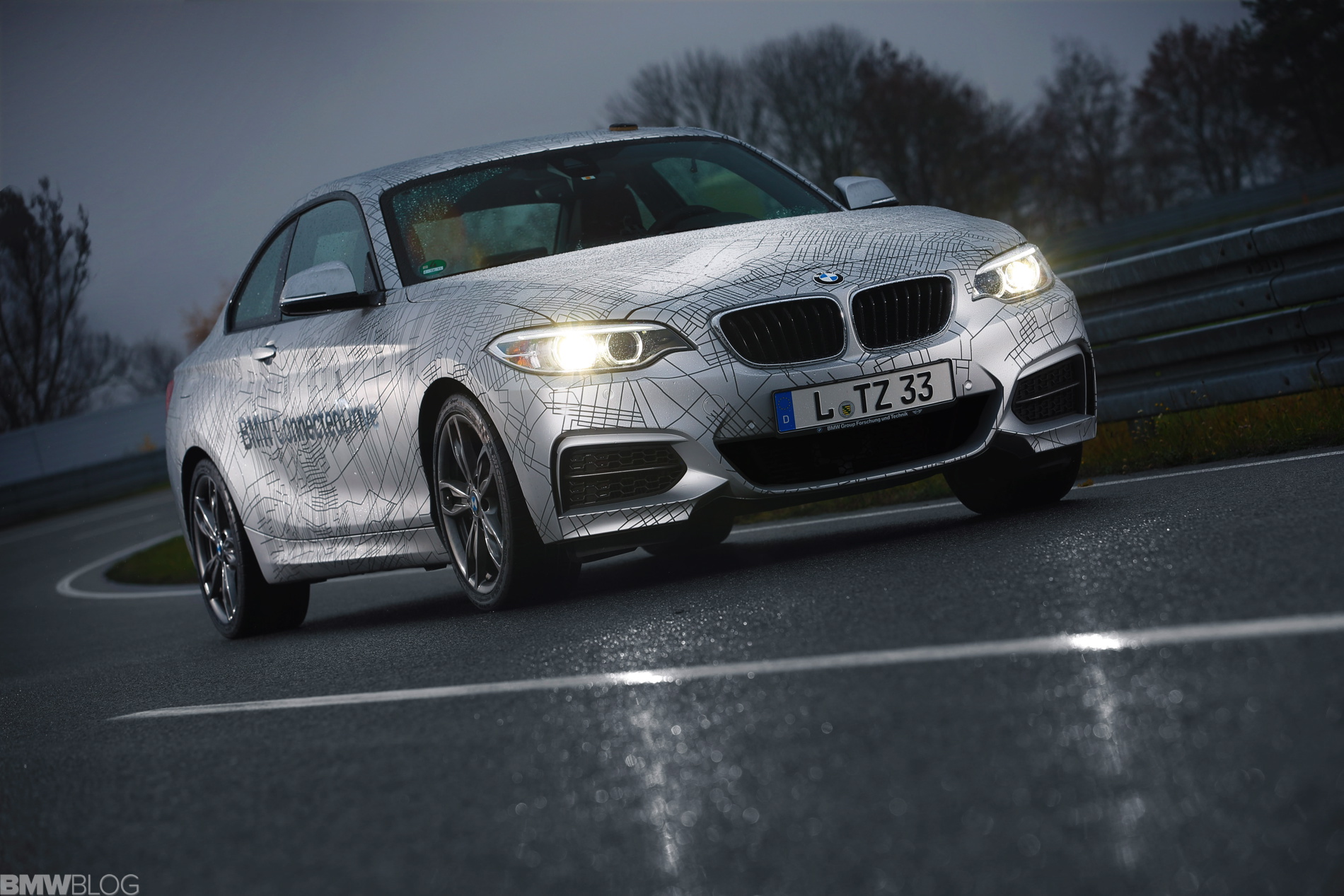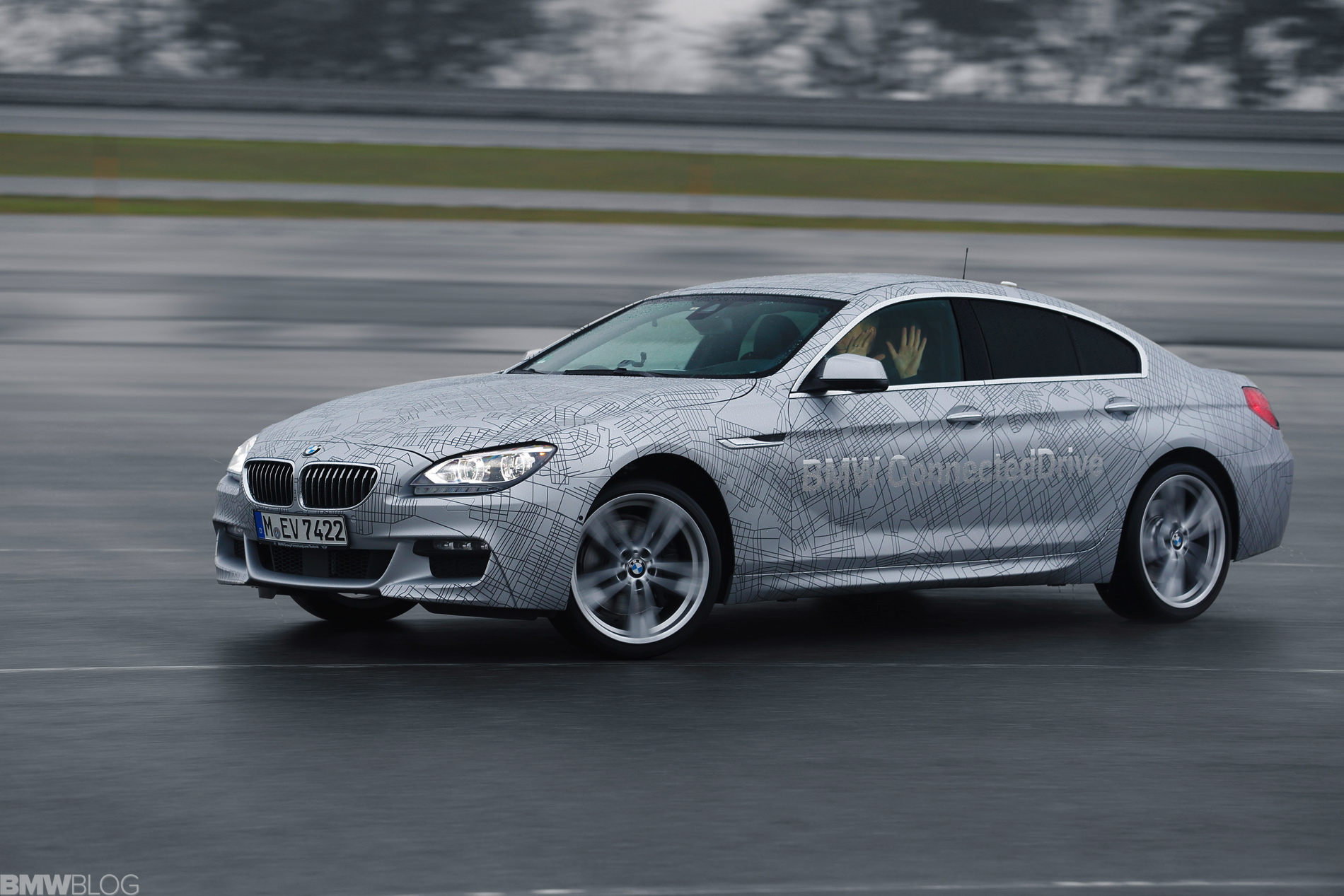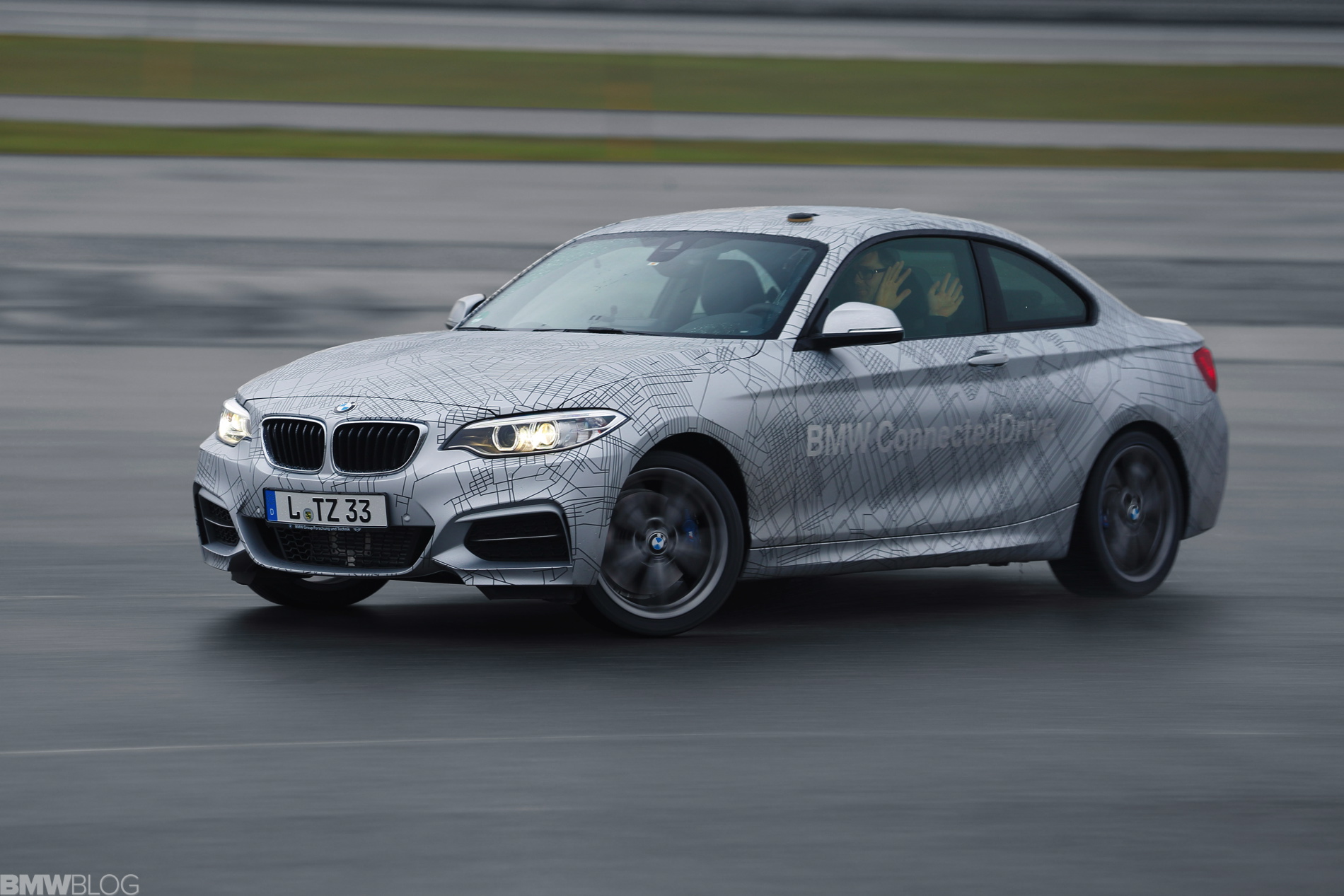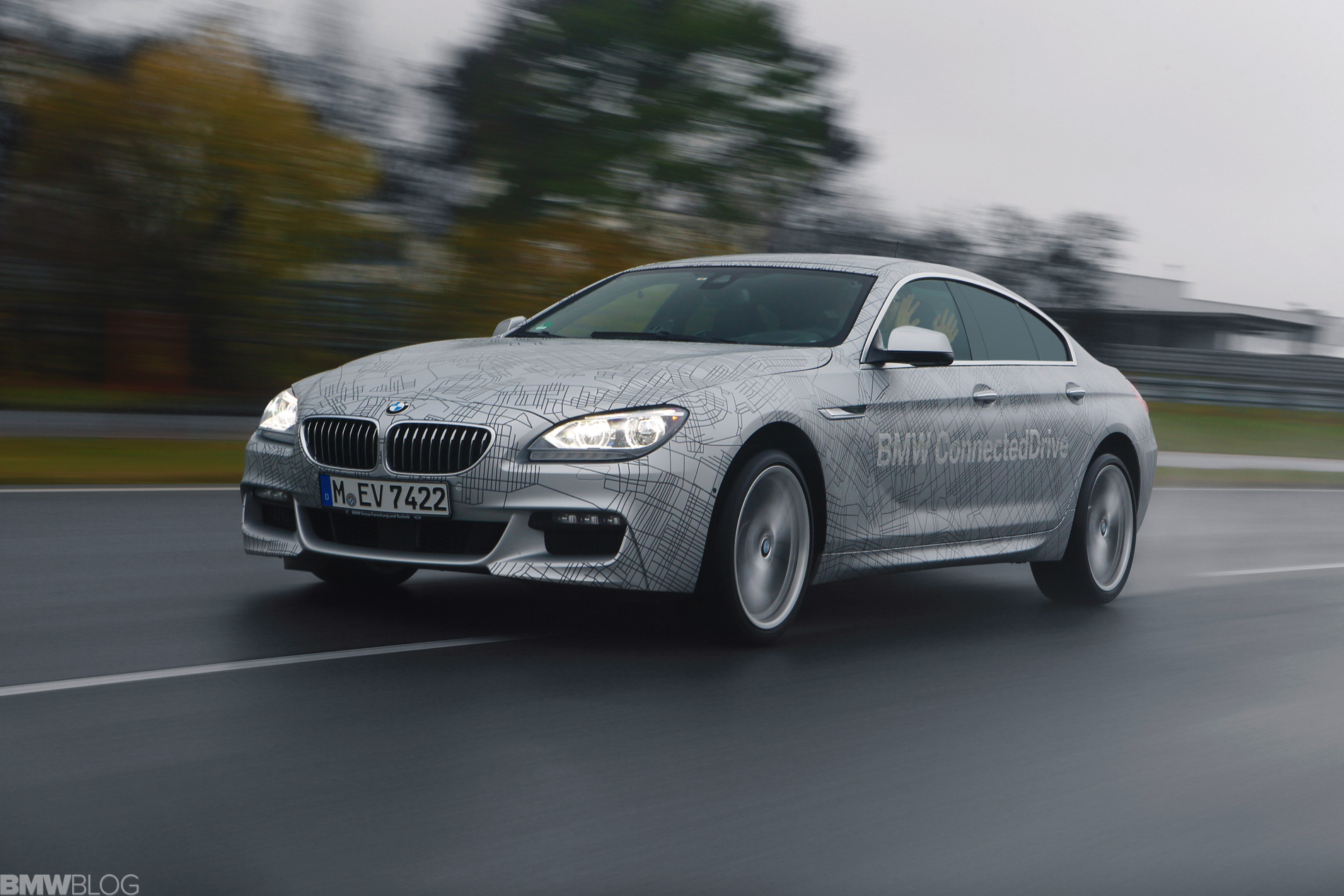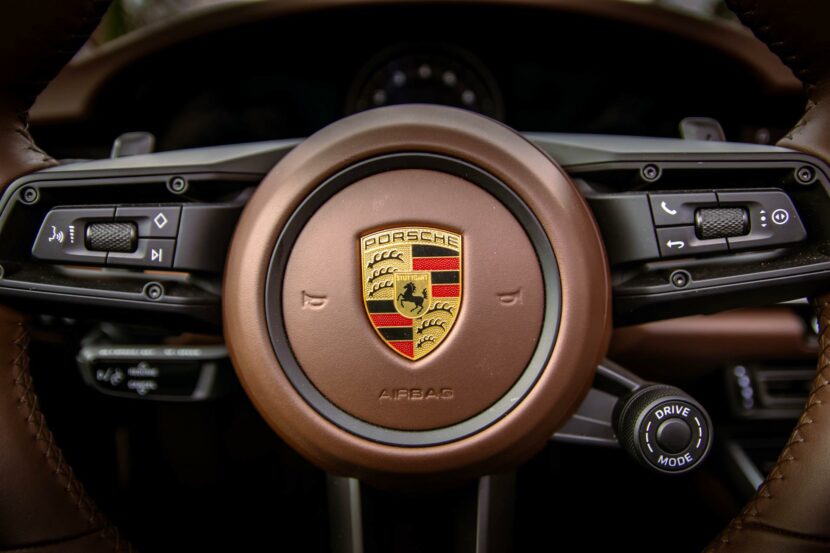The BMW Group is a leading auto industry developer of highly automated vehicle prototypes. BMW’s research prototypes have already driven thousands of kilometres in highly automated – i.e. self-driving – mode on German motorways. In February 2013, the focus shifted to European motorways when BMW launched a joint project with Continental. Now BMW is embarking on a further research project, which will pave the way for highly automated driving in China as well.
“Vision Zero” is a strategy for achieving “accident-free mobility” that is being pursued right across Europe in many different arenas – social, political, scientific and industrial. Highly automated driving is capable of bringing Vision Zero a significant step closer to reality. In addition to the safety aspect, the aim is to enhance comfort and efficiency as well.
The BMW Group believes that highly automated driving will play a major part in ensuring sustainable personal mobility in the future. An “electronic co-pilot” system is not only able to relieve the driver of monotonous or repetitive driving tasks, but can also take over full control of the vehicle if desired. Following on from research projects in which BMW vehicles have already clocked up thousands of kilometres of highly automated driving on German and European motorways, a project is now being launched in the world’s largest car market, China, as the next logical step in the development of this technology. The fast-expanding Chinese market includes the metropolitan regions of Beijing and Shanghai and a growing number of other megacities.
Solutions to the special challenges of China’s urban highways.
Over the next two years, the BMW Group will be building prototype research vehicles for use in highly automated driving trials on Chinese roads. Whereas typical features which must be taken into account in Europe include tunnels, national borders and toll stations, China’s fast-expanding urban centres also present the engineers with challenges such as multi-level highways. BMW is taking on this new engineering challenge because it believes that only with a complete command of all the technical fundamentals will it be possible to help clarify the legal issues surrounding highly automated driving.
Many years’ experience of vehicle automation.
The BMW Group’s research prototypes highlight BMW’s leading role in the development of safety-related and highly automated driving technology. As early as October 2009, in the TrackTrainer project, highly automated vehicles from the BMW Group were already demonstrating their ability to follow an ideal line around race tracks – including the Nürburgring North Loop, the most challenging racing circuit in the world. Important input has also been provided by the BMW Emergency Stop Assistant. If the driver is suddenly incapacitated, this system is able to switch to highly automated driving mode and bring the vehicle safely to a stop at the side of the road before automatically calling for help. The BMW Group incorporated the results from this development work in a highly automated vehicle that underwent road testing on German motorways in 2011. Meanwhile, the highly automated research prototype presented at CES 2014, which is based on a BMW 2 Series Coupe, boasts further perfected control technology. This is rooted in BMW’s view that, in order to offer robust and dependable driver stress relief in tiring situations, highly automated driving systems must be capable of coping with all potential vehicle dynamics scenarios, right through to extreme situations such as a sudden emergency.
The BMW Group is teaming up with internet giant Baidu as its Chinese partner in this latest ambitious research project. Baidu operates China’s largest search engine and is also a provider of map services and cloud services. The highly automated prototypes developed in this joint project will initially be operated on urban highways in Beijing and Shanghai.


